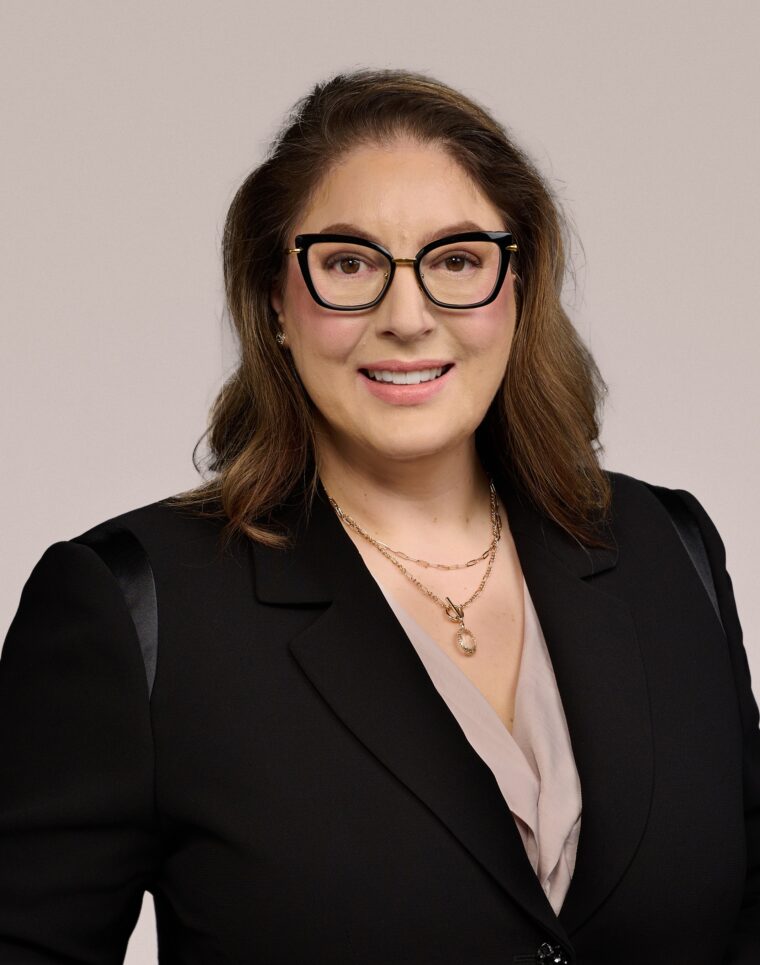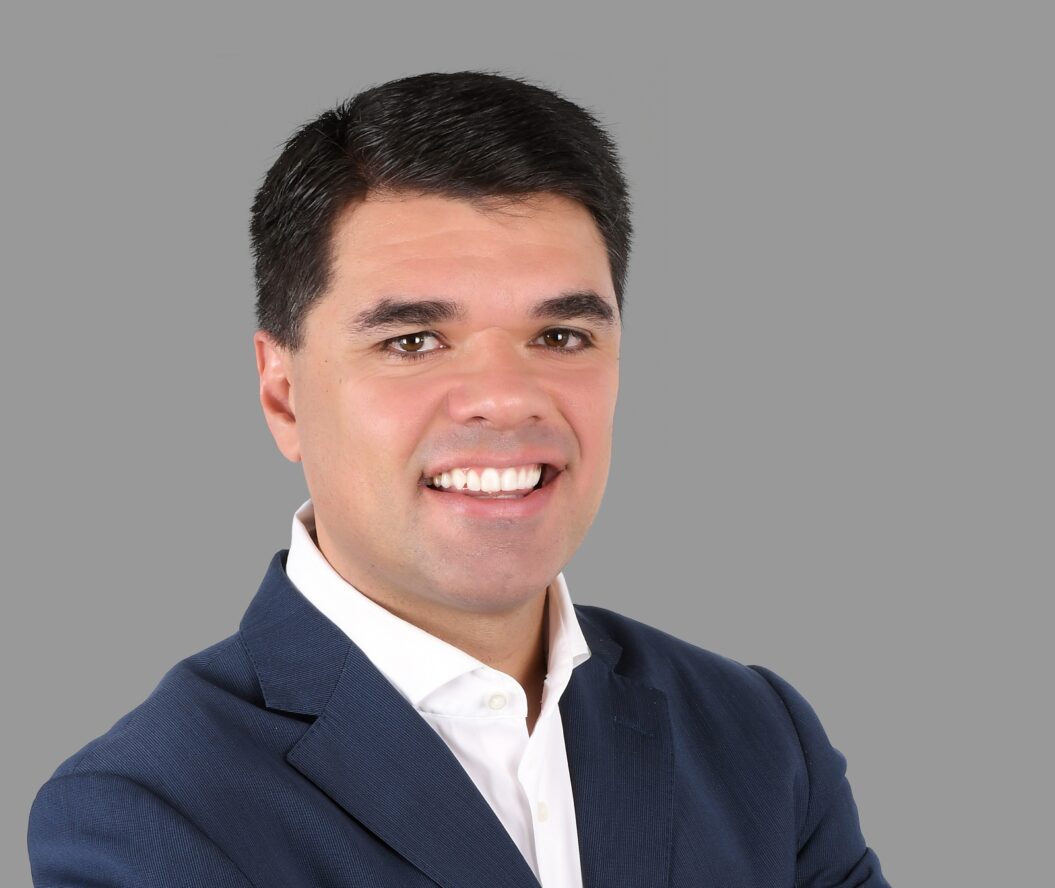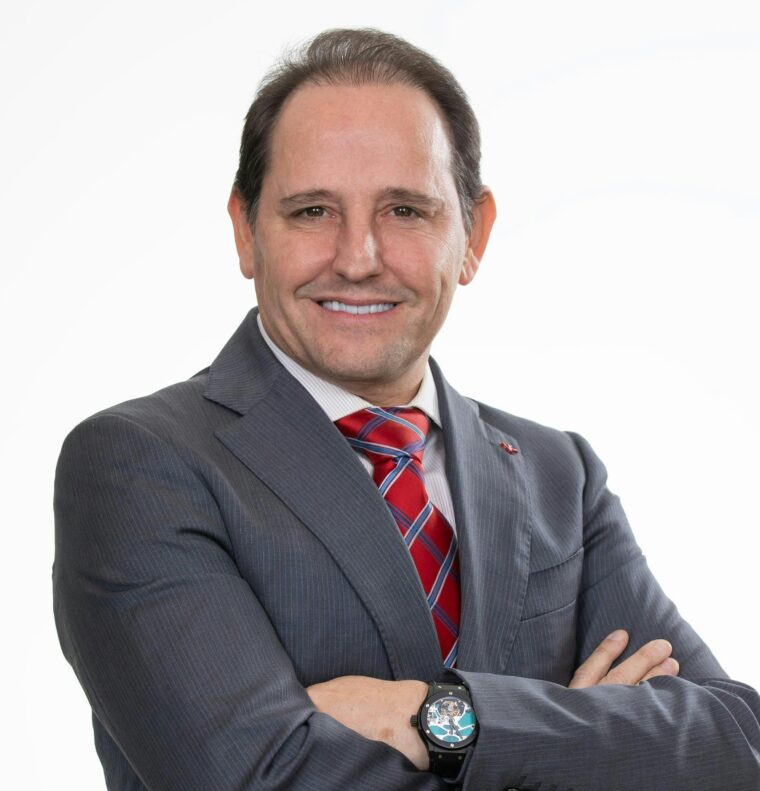Portuguese people who are making a name for themselves abroad are helping to find out where business opportunities are and what kind of companies and activities the country can attract. An initiative that brings together Negócios and the Portuguese Diaspora Council.
1- What led you to leave Portugal?
Ever since I was young, I wanted to explore other countries that could broaden my opportunities for professional and personal growth. In 2009, I made the decision to leave Portugal to do an MBA at INSEAD, one of the best business schools in the world, with campuses in Paris and Singapore. This was a decisive step in my career, as attending one of the most international MBA’s in the world not only prepared me to face global challenges, but also opened doors for my transfer to the company’s headquarters in the Netherlands, starting my journey of exploring new geographies and markets.
After the Netherlands, I had the opportunity to live in São Paulo and Rio de Janeiro, working for Tishman Speyer, one of the world’s largest real estate fund managers, in cities that offered me a unique perspective on the real estate sector. I then moved to the Middle East, where I lived in Dubai and Abu Dhabi, working in strategy consulting at Strategy& (part of the PWC network) and in real estate investment at Abu Dhabi Capital Group. I am currently based in Riyadh, where I manage the region’s real estate investment area for Hassana, the manager of one of the world’s largest pension funds.
My experience in different global markets has allowed me to develop a comprehensive and strategic view of economic cycles, which is essential to ensure success and resilience in the real estate sector.
2- What advantages or disadvantages did being Portuguese bring you?
Being Portuguese proved to be a decisive advantage during my time in Brazil between 2011 and 2017. The shared language and the deep historical connection between the two countries made it easier for me to integrate, both personally and professionally. In Brazil, I not only met my wife, but also created a network of friendships and professional relationships that continue to this day.
In addition, being Portuguese has helped me to develop a cultural versatility that has been very useful in contexts as different as the Middle East. Our heritage of openness to the world and adaptability has proved to be a strength, allowing me to integrate and learn quickly in multicultural environments.
3- What obstacles did you have to overcome and how did you do it?
Throughout my international career, I have faced many obstacles, the most common being language barriers and cultural differences. Each new change has brought with it the challenge of learning and adapting to a new reality. In Saudi Arabia, for example, although a significant part of the population speaks English, Arabic is the predominant language in many situations, which created some initial challenges in daily interactions and formal meetings.
Technology has been an important tool in overcoming language barriers, but it was my determination to learn and respect local cultures that really made the difference. Each new cultural experience represented an opportunity to grow, both personally and professionally. I firmly believe that this adaptability and openness to different ways of working and thinking have been essential in such diverse environments throughout my career.
4- What do you admire most about the country you’re in?
What impresses me most about Saudi Arabia is the energy and optimism that is felt, especially among young Saudis, who have been instrumental in transforming the country. Vision 2030, launched in 2016, is an ambitious plan that is shaping Saudi Arabia’s future by promoting economic diversification, modernizing infrastructure and opening up to tourism and entertainment.
What I particularly admire is the determination with which the country is implementing these changes, with impressive speed and efficiency. The ability of the government and companies to execute major projects quickly and efficiently is inspiring. This transformation is redefining Saudi Arabia’s image on the global stage, and I feel privileged to be able to witness and participate in this historic moment.
5- What do you admire most about the company or organisation you work for?
Working at Hassana, the manager of one of the largest pension funds in the world, has been an enriching experience. I admire the rigor with which the company manages its investments, in line with the global standards of the best pension funds. The commitment to value creation, combined with solid governance, is one of the reasons why Hassana stands out on the global stage.
In addition, I have the privilege of working with extremely talented and dedicated professionals, whose mission is to ensure the sustainability of the fund and a secure financial future for the next Saudi generations.
6- What recommendations would you give to Portugal and its entrepreneurs and managers?
Portugal has enormous potential to stand out even more on the global stage. My recommendation for entrepreneurs and managers is to invest heavily in innovation and internationalization, which are crucial elements for ensuring competitiveness and sustained growth. Portuguese managers are known for their ability to simplify complex issues, which makes them particularly valuable on the global market.
We must also capitalize on our strategic geographical location and attractive climate, not only to attract foreign investment, but also to attract international talent willing to set up businesses or centers of excellence in Portugal. The country’s security and social stability are valuable assets for investors looking for low-risk environments.
Market diversification, as we have seen successfully in the tourism sector, could be extended to other areas of the economy, fostering more balanced and resilient growth.
7- In which sectors of the country where you live could Portuguese companies find clients?
Saudi Arabia is going through a period of great growth and transformation, especially in the construction, infrastructure, tourism and renewable energy sectors. With Vision 2030, the country is diversifying its economy and opening up to foreign investment, creating significant opportunities for international companies with expertise in these areas.
In addition, large-scale global events, such as Expo 2030 in Riyadh and the 2034 World Cup, will bring additional opportunities in various areas, including construction, technology, hospitality and major event management. These events will require a significant expansion of infrastructure and services, where Portuguese companies will be able to offer innovative and high-quality solutions, contributing to the success of these ambitious projects.
8- In which sectors in Portugal might companies from the country where you live want to invest?
With my experience in the real estate sector, I can say that Portugal continues to be a very attractive destination, especially for foreign investors looking to diversify. The luxury residential and tourism sector has been one of the main focuses, with strong demand in areas such as Lisbon, Porto and the Algarve, where international demand continues to grow.
In addition, Saudi companies, aligned with Vision 2030, can find strategic opportunities in Portugal that support the diversification of the Saudi economy, especially in the technology, food security and renewable energy sectors.
9- What is the competitive advantage of the country you live in that could be replicated in Portugal?
Saudi Arabia stands out for its long-term strategic vision, something that can be an important lesson for other countries. Vision 2030 is an outstanding example of how a country can align ambitious goals with effective execution, resulting in major investments in infrastructure, technology, energy and tourism.
In Portugal, this approach could be replicated with regard to the modernization of critical infrastructures, such as the new Lisbon airport and the TGV, topics that have been discussed for decades, but without significant progress. What is lacking is a long-term political vision, with cross-cutting agreements that transcend electoral cycles and guarantee the completion of these essential projects for economic growth and the country’s competitiveness on the global stage.
10- Are you thinking of returning to Portugal? Why do you think so?
Portugal will always be in my heart and I’m definitely thinking of going back. There’s something unique about the quality of life our country offers and, of course, the proximity of family is a factor. However, returning will be a decision made at the right time, both personally and professionally. I don’t have any concrete plans to return in the short term, but I believe that in the future, when conditions are ideal, it will be a natural return to a country that I love and to which I am deeply attached.







